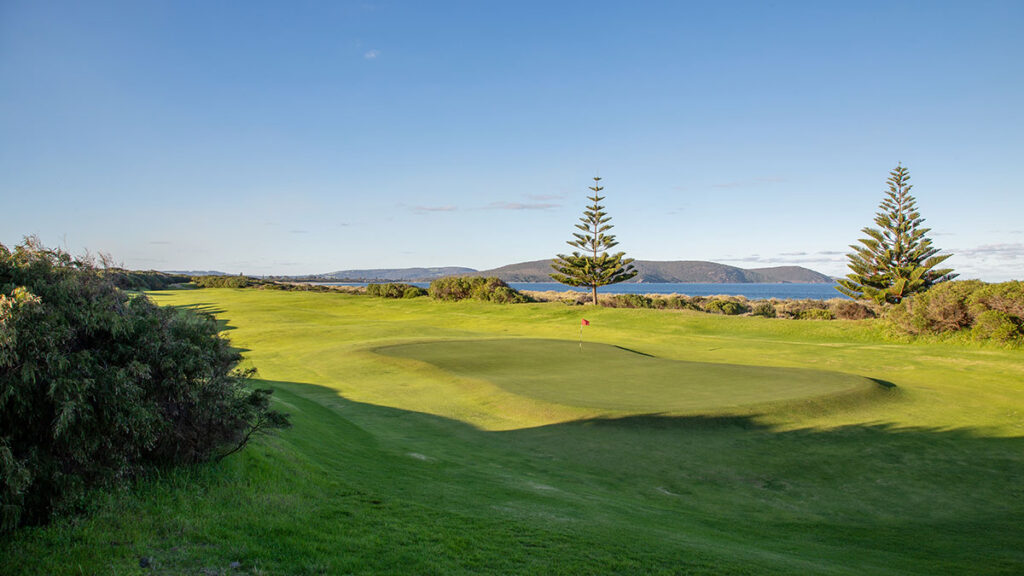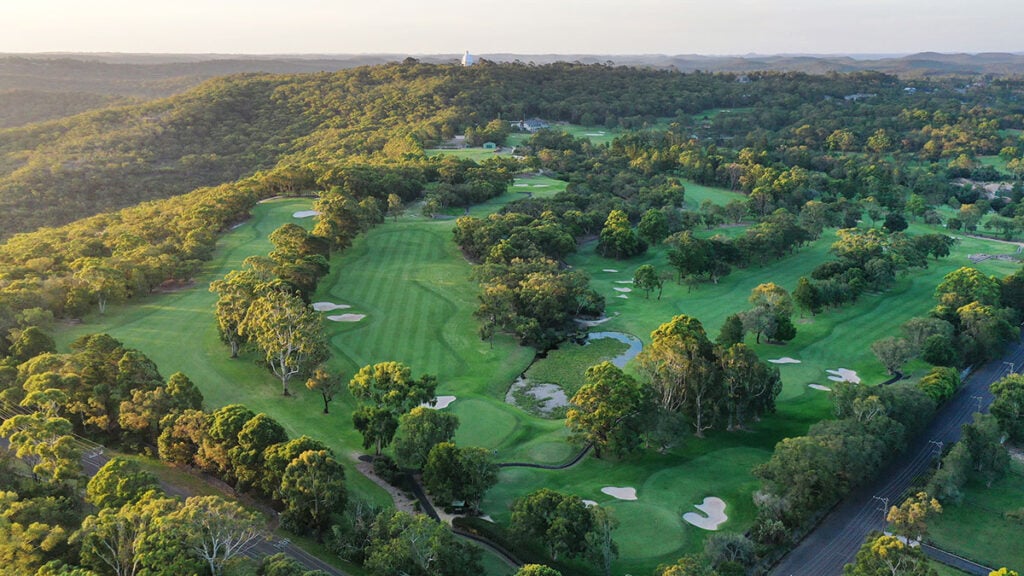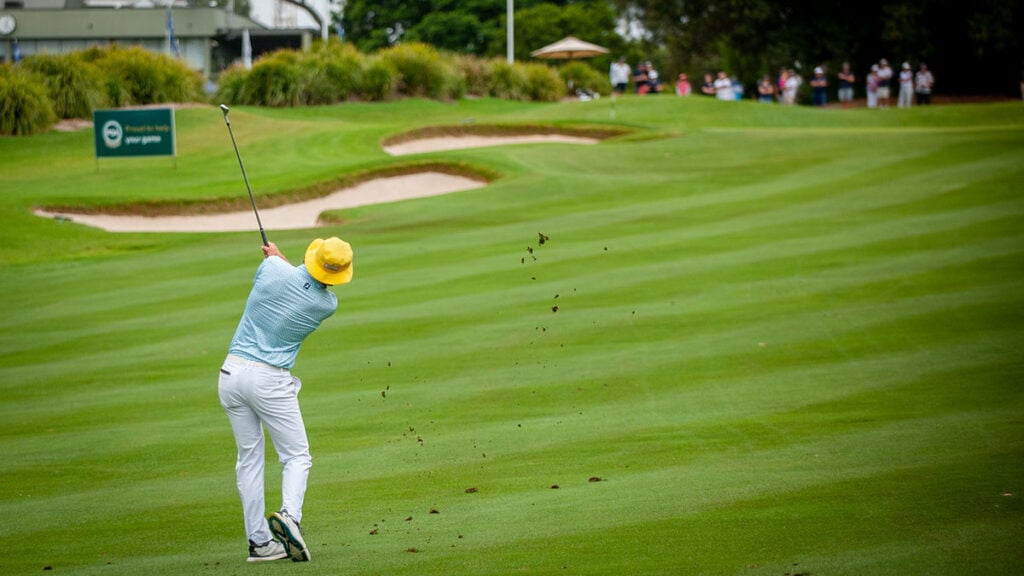After three years of government lockdowns, curfews and border closures, golf tourism in Southeast Asia has begun to recover. Thailand, in particular, is approaching pre-COVID levels of golf as international tourists return.
Thailand was the first country to report a case of COVID outside China (13 January 2020). Tourism hotspots Chang Mai, Chang Rai, Phuket and Ko Samui were devastated by international travel restrictions during the COVID ‘pandemic’, especially the lack of tourists from China. More than 1.45 million tourism jobs were lost in Thailand during COVID.
During a national three-month lockdown (March-May 2020), the seaside retreat of Hua Hin resembled a ghost town with a 9.00pm curfew. Hua Hin, three hours from the Thai capital, is now coming back to life as a golf destination. Thailand opened up in the second-half of 2022 and visitors are no longer required to be vaccinated or undergo a two-week quarantine.
“The last couple of months certainly looks like it’s recovered. Whether that’s just a pent-up demand for initial travel remains to be seen,” says Simon Mees, general manager of Banyan Golf Club in Hua Hin, consistently rated one of the top-three courses in Thailand.
“But looking at the numbers we’ve been doing – and I’m pretty sure numbers other clubs have been doing – it’s extremely positive.”
A major difference, according to Mees, is that travellers don’t wish to make bookings too far in advance and then potentially have cancellations and lose deposits.
“I think people’s habits have changed,” he says. “We’re seeing a lot more pick up closer to the time for short-term bookings. Previously, holiday travel was booked three, to four, to five months out. Now it’s two weeks’ time.”

Banyan Golf Club has seen more Asian travellers than Westerners: Germans, English, Scandinavians. During December and January, Banyan witnessed two of its best months in terms of rounds played and green-fee revenue.
“The outlook is very positive, for sure. As long as the flight availability and flight prices continue to improve, then I think we’re on the right side,” says Mees.
Peak golf season in Thailand and south-east Asia is November-February, coinciding with the northern-hemisphere winter. Australians and Kiwis can benefit from cheaper green fees if they’re prepared to travel in the tourist off-season from June-September. It is a bit hotter but they won’t have to compete for tee-times with the European market.
The biggest deterrent is the exorbitant price of air fares according to Ian Morgan, director of Asia Golf Experiences. But he’s confident the willingness to travel will prevail.
“We’re getting a lot of real support from the Australians,” Morgan says. “I think we’ll have a good, full off-season (out of Australia).”
Former PGA professional Morgan has been involved in tourism since 2006 when he left the United Kingdom to manage a hotel in Phuket. At the onset of COVID, he established Asia Golf Experiences to take the difficulty out of arranging a golf holiday – from arranging tee times to hotel bookings and airport/golf course transfers.

In 2023, Asia Golf Experiences will again host a ‘Week Of Golf’ in Hua Hin (June) and Phuket (October). Both festivals attracted more than 70 golfers last year, the overwhelming majority of which were Australians. (Visit asiagolfexperiences.com for details.)
Increasingly, its most popular multi-destination tour consists of golf in Bangkok, Hua Hin and Kanchanaburi in the west of Thailand. More than 20,000 Australians and New Zealanders converge on Kanchanaburi each ANZAC Day to commemorate the Allied POWs who lost their lives while building the infamous Burma Railway during World War II.
Morgan says Kanchanaburi combines history with good golf: “Aussies love that because you play a couple of unspoilt gems [Royal Rachaburi and Grand Prix].” Royal Rachaburi is a typical Thai course with the added attraction of monkeys and a green fee of just 600 Thai Baht (about $25).”
With Australians and Kiwis virtually unable to travel internationally for two years during COVID, Morgan’s message is to treat yourself to a holiday.




